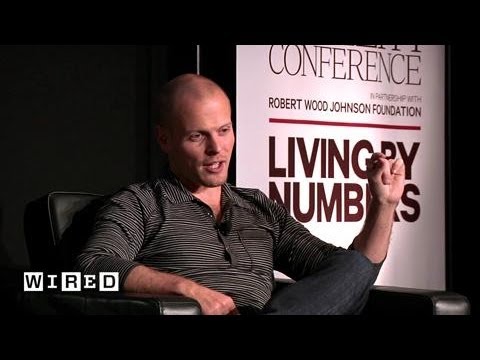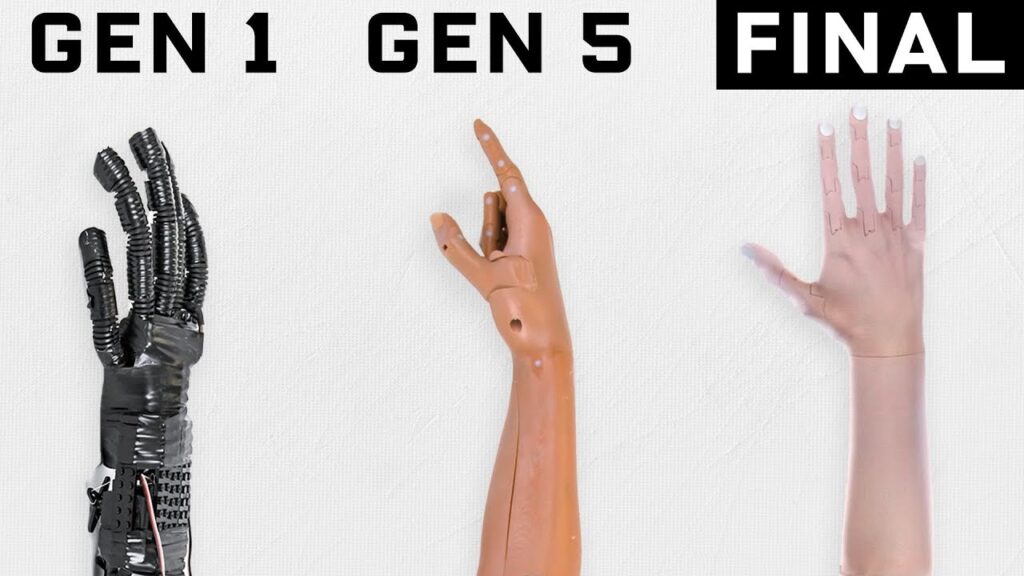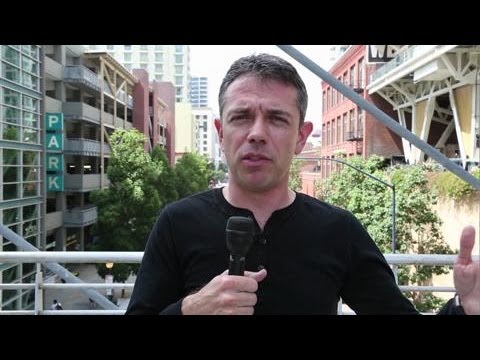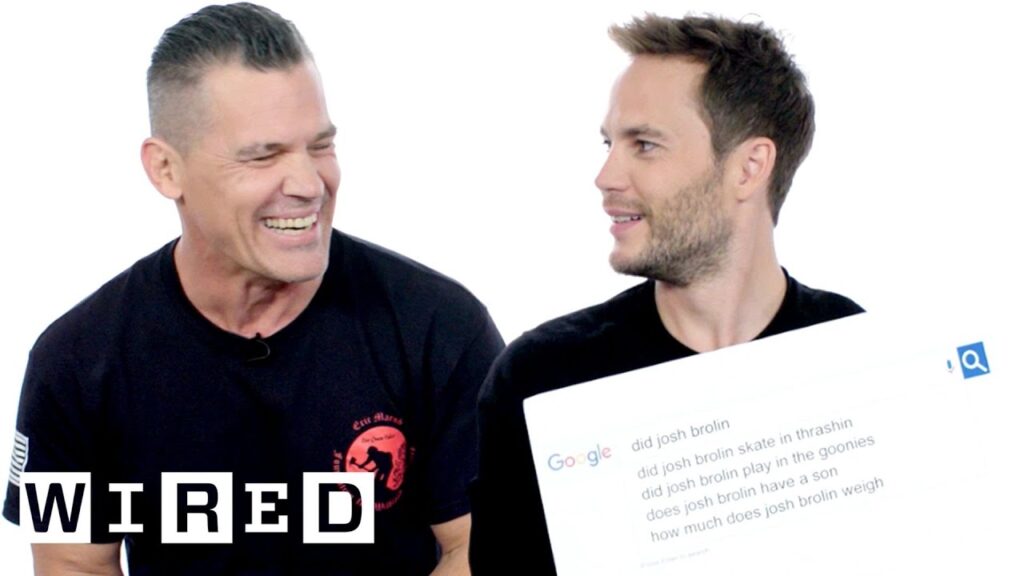Exploring Space vs. Ocean: Why is it Easier to Explore Space?
Summary
In this Science Support episode, Bill Nye answers various science questions from his audience. He explains why exploring space is easier than exploring the ocean, clarifies misconceptions about tardigrades settling on the moon, and discusses the concept of the Earth stopping spinning. He also explains why it is impossible to cool indoor spaces without heating up the outdoors, and why teleportation is unlikely. Finally, he discusses the potential of fusion power plants and encourages his audience to embrace the future.
Table of Contents
- Why is it Easier to Explore Space than the Ocean?
- Tardigrades on the Moon: Clarifying Misconceptions
- The Earth Stopping Spinning: Would We Feel Dizzy?
- Cooling Indoor Spaces: The Second Law of Thermodynamics
- Teleportation: Is it Possible?
- Fusion Power Plants: The Future of Energy
- Embracing the Future
Why is it Easier to Explore Space than the Ocean?
Bill Nye explains that it is easier to explore space than the ocean because the ocean is cold, crushing, and corrosive. The pressure at the bottom of the ocean is so great that it can crush submarines, and the cold and corrosive nature of the ocean makes it difficult to explore. In contrast, space is a vacuum, which makes it easier to explore.
Tardigrades on the Moon: Clarifying Misconceptions
Bill Nye clarifies that tardigrades settling on the moon is not the same as them building spaceships and returning to Earth. While tardigrades are incredibly resilient creatures that can survive in extreme conditions, they cannot build spaceships and travel back to Earth.
The Earth Stopping Spinning: Would We Feel Dizzy?
Bill Nye explains that if the Earth were to stop spinning, we would not feel dizzy because the atmosphere would still be moving with the Earth. However, the sudden stop would cause catastrophic weather patterns and other disasters.
Cooling Indoor Spaces: The Second Law of Thermodynamics
Bill Nye explains that the second law of thermodynamics makes it impossible to cool indoor spaces without heating up the outdoors. This is because cooling requires energy, and that energy has to go somewhere. In this case, the energy is released into the outdoors, which heats it up.
Teleportation: Is it Possible?
Bill Nye explains that teleportation is unlikely due to the information problem and the extraordinary amount of energy required to take a person apart and put them back together. While teleportation is a popular concept in science fiction, it is unlikely to become a reality anytime soon.
Fusion Power Plants: The Future of Energy
Bill Nye discusses the potential of fusion power plants, which work by fusing neutrons together to release energy. He explains that fusion power plants could be the future of energy, as they are a clean and efficient source of energy. While fusion power plants are still in development, they hold great promise for the future.
Embracing the Future
Bill Nye encourages his audience to embrace the future and all of the technological advancements that come with it. He explains that while some advancements may seem scary or uncertain, they have the potential to change the world for the better. By embracing the future, we can work towards a better and brighter tomorrow.
Conclusion
In this Science Support episode, Bill Nye answers various science questions from his audience and discusses a range of topics, from the potential of fusion power plants to the challenges of exploring the ocean. He encourages his audience to embrace the future and all of the technological advancements that come with it, and reminds us that science has the power to change the world for the better.







